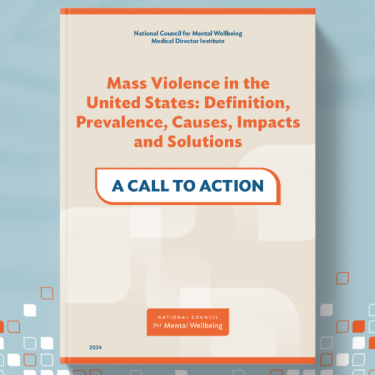MacKenzie Scott has presented the National Council for Mental Wellbeing a $7 million grant to support its important work on behalf of its 3,500 members. The grant is the largest philanthropic gift the National Council has ever received.
“In the midst of a pandemic, of an increase in the demand for treatment and of a workforce shortage, MacKenzie Scott’s generous grant of $7 million is an endorsement of our work and our vision at the National Council for Mental Wellbeing,” said National Council President and CEO Chuck Ingoglia. “It is an acknowledgement of the important work our 3,500 members do every day to support those most in need and provide affordable and accessible mental health and substance use treatment and support services. We are humbled and grateful for her show of support for the people our members touch and the lives they change – the lives of people who are too often invisible in our society.”
Ingoglia said the timing of the grant makes the unsolicited gift even more meaningful.
“The COVID-19 pandemic has been difficult on our members and complicated their work by increasing demand for services and creating significant workforce challenges. We remain steadfast in our commitment to drive policy and social change on behalf of our members. We are carefully considering how to best invest this grant to ensure that we honor her generosity by being trusted stewards of change for those we serve.”
About The National Council
Founded in 1969, the National Council for Mental Wellbeing is a membership organization that drives policy and social change on behalf of over 3,200 mental health and substance use treatment organizations and the more than 15 million children, adults and families they serve. We advocate for policies to ensure access to high-quality services. We build the capacity of mental health and substance use treatment organizations. And we promote greater understanding of mental wellbeing as a core component of comprehensive health and health care. Through our Mental Health First Aid (MHFA) program, we have trained more than 4 million people in the U.S. to identify, understand and respond to signs and symptoms of mental health and substance use challenges.



